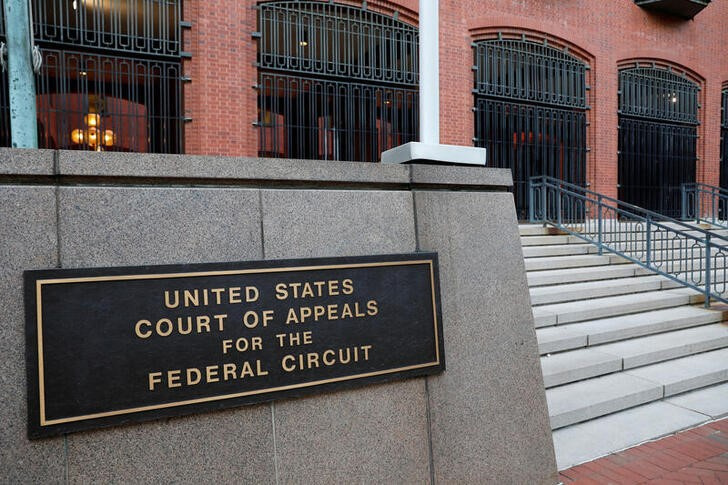
(Reuters) – A U.S. appeals court on Friday reversed a U.S. Patent and Trademark Office tribunal’s decision to invalidate five patents related to CRISPR gene-editing technology owned by Danish biotech company SNIPR Biome.
The Patent Trial and Appeal Board had previously found that SNIPR’s patents were invalid based on a challenge from New York-based Rockefeller University. The U.S. Court of Appeals for the Federal Circuit overturned the decision based on a 2011 overhaul to U.S. patent law.
Rockefeller University attorney Salvatore Arrigo said the school disagrees with the judgment and is evaluating its options. He said Rockefeller was pleased with some aspects of the decision, including its finding that the university’s application is “prior art” that could potentially be used to cancel SNIPR’s patents in a different proceeding.
Before Congress passed the Leahy-Smith America Invents Act in 2011, the Patent Office would issue patents based on who first came up with an invention. The Patent Trial and Appeal Board used proceedings called interferences to resolve conflicts over who invented first.
The board phased the proceedings out after the AIA altered the system to be based on who applied for the patent first, but it still held some interferences based on patents and applications from before March 2013.
The board canceled SNIPR’s patents in 2021 in an interference proceeding with Rockefeller. But the Federal Circuit agreed with SNIPR on Friday that its patents could not be subjected to the proceeding.
“SNIPR’s pure AIA patents were examined and issued under the AIA’s first-inventor-to-file patentability requirements; they cannot then be cancelled under the different, pre-AIA invention priority requirements,” U.S. Circuit Judge Raymond Chen wrote for a unanimous three-judge panel.
The case is SNIPR Technologies Ltd v. Rockefeller University, U.S. Court of Appeals for the Federal Circuit, No. 22-1260.
For SNIPR: Brian Matsui of Morrison Foerster
For Rockefeller: Salvatore Arrigo of Arrigo Lee Guttman & Mouta-Bellum
Our Standards: The Thomson Reuters Trust Principles.

